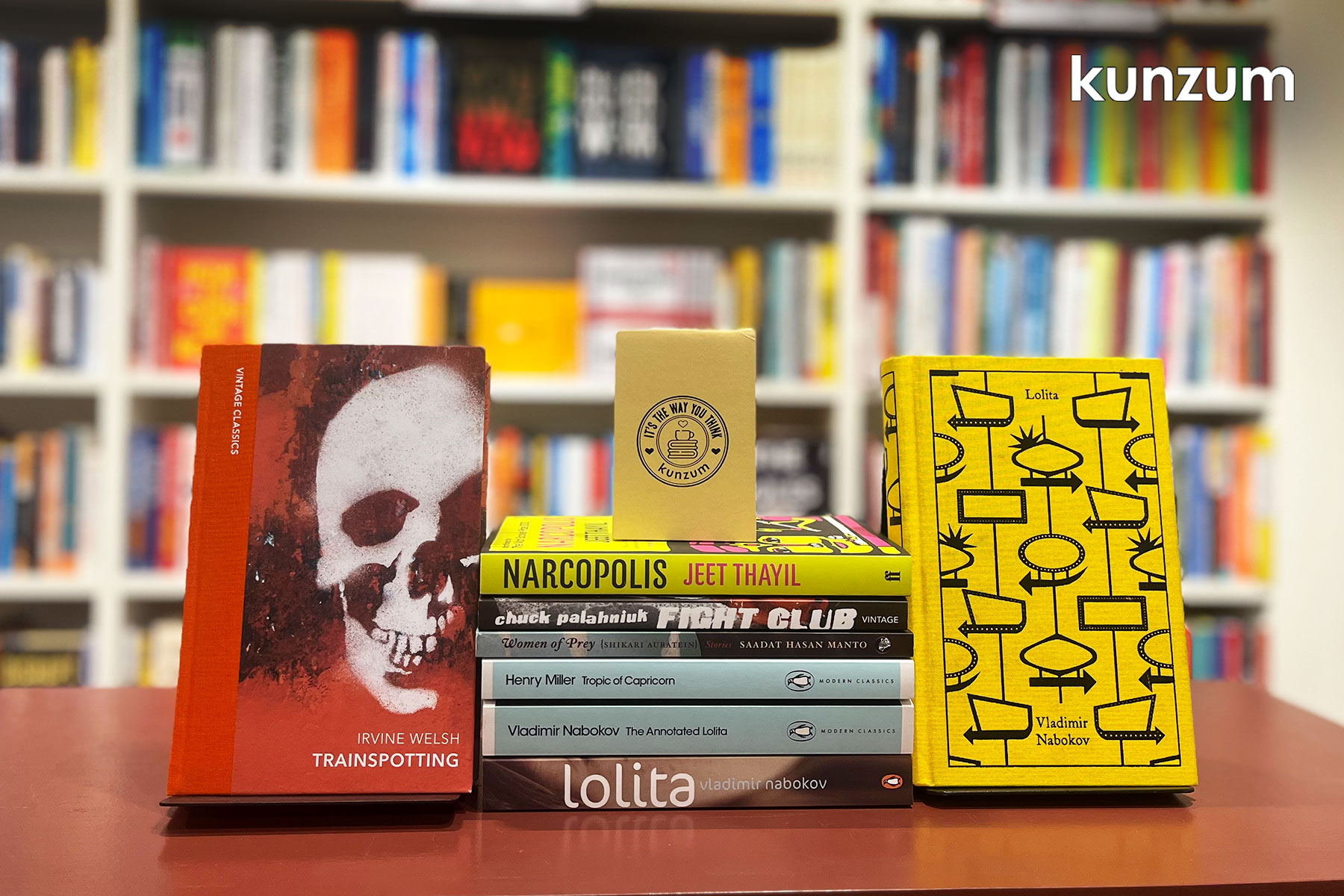
What was transgressive yesterday, can become the norm tomorrow. A book’s capacity to shock has often taken the world by storm but such transgressions in literature have also paved the way towards the creation of big movements, and led to the evolution of whole cults.
Transgression in literature refers to works that have the capacity to shock readers through unorthodox protagonists, shocking behaviors, outcast characters rebelling against societal norms, extremism, debauchery, etc. The capacity to shock doesn’t demerit a book of its literariness, as is evident in works of Burroughs and De Sade. Shock value doesn’t mean the negation of plot, rather it can add a heightened sense of individualism to the narrative. Bad behavior, debauchery, and other forms of extravaganza are great tools to study the psychology of modern human condition.
Books with controversial themes have often been the highest proponent of criticism of the society. Sometimes scandal and merit go hand-in-hand, as in the case of all the books on this list.
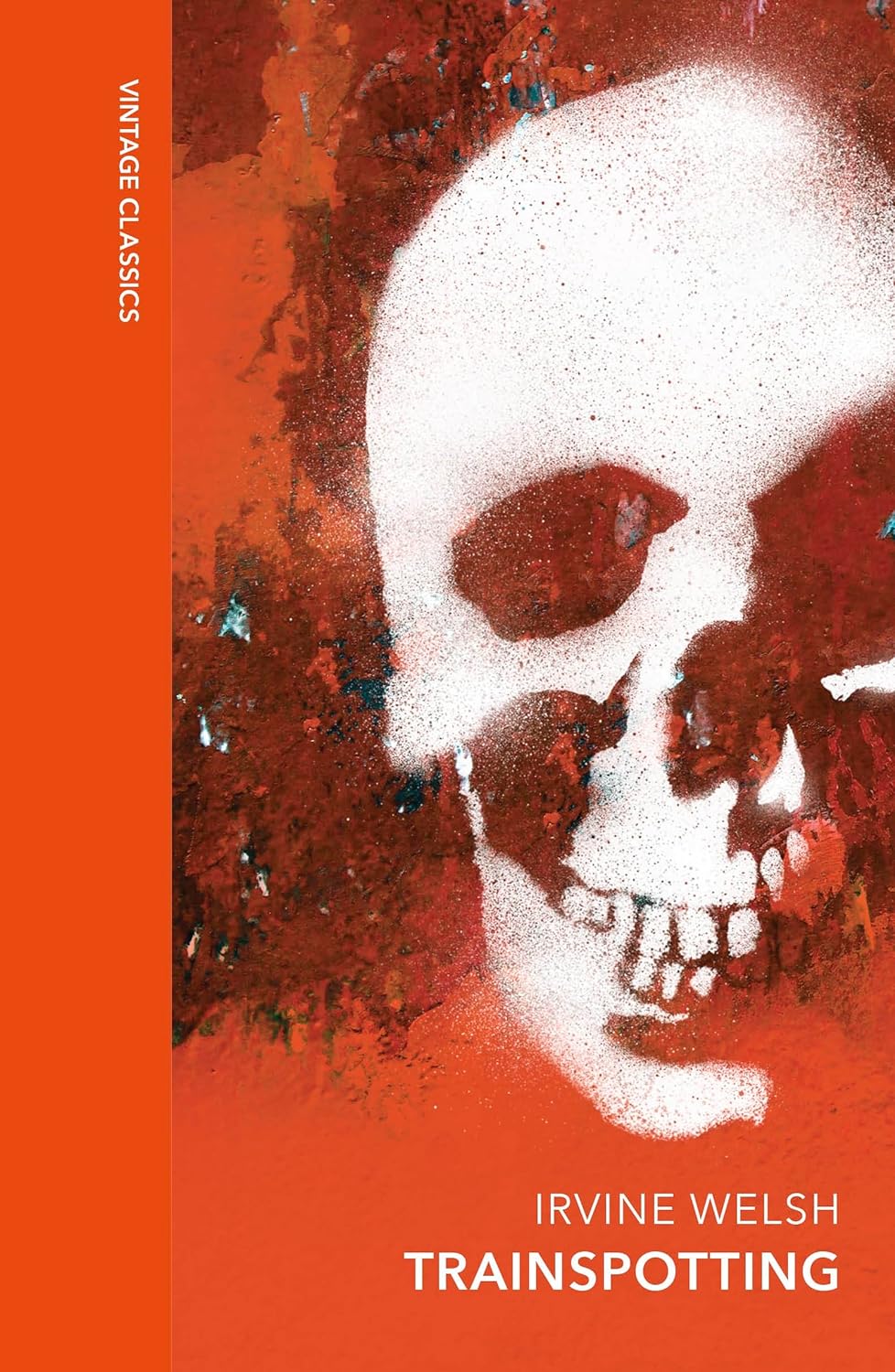
Trainspotting by Irvine Welsh
Popular as the novel behind Danny Boyle’s cult film of same name. Reading of this is a reminder of how books are always better than movies that are made off of them even if they happen to be really good, as is the case of Boyle’s. Three hundred and forty pages of vernacular Scottish may not be enough to put you off reading this for it’s a brilliantly funny story about a series of really messed up, dislikable characters most of who happen to be heroin addicts.
Mark Renton, Spud, and Sickboy keep shooting, quitting, and relapsing on heroin. Their antics and what happens to them in this infinite cycle is as hilarious as it is shocking, as moving as it is funny. You will laugh, cry, get disgusted, but ultimately you will enjoy.
‘The best book ever written by man or woman… Deserves to sell more copies than the Bible’
-Rebel Inc

Fight Club by Chuck Palahniuk
This is the defining book of our times that tells the terrifying truth of our modern reality. Originally published in 1996, its brilliance lies in its increasing relevance as times goes by. Chuck’s invention—Tyler Durden, is the modern man’s last stand against the doomed world, equal parts handsome, equal parts anarchic, he is angry at a system that is ever so flawed and failing. His answer to this hyper-capitalistic crisis is hardcore rebellion that starts with an underground club where men gather and fight each other bare knuckled so as to vent out their frustrations. It’s a book that begs to be remembered that has largely been forgotten thanks to the Brad Pitt starrer Hollywood Blockbuster. If reading Fight Club make you feel angry then remember, you should be.
“You are not your job, you’re not how much money you have in the bank. You are not the car you drive. You’re not the contents of your wallet.”

Lolita by Vladimir Nabokov
The contents of this story are scarring to hear or talk of, Humbert Humbert is haunted by visions of a lost love from childhood, so, he falls madly and illegally in love with a twelve-year-old. Shocking, scandalous, but ultimately amazing. The heart of the story is the mastery Nabokov has over the psychology of his characters and his brilliant breeze like prose, not merely the scandal of his plot. Read this once banned book if you’re a lover of language and do remember that English wasn’t Nabokov’s mother tongue.
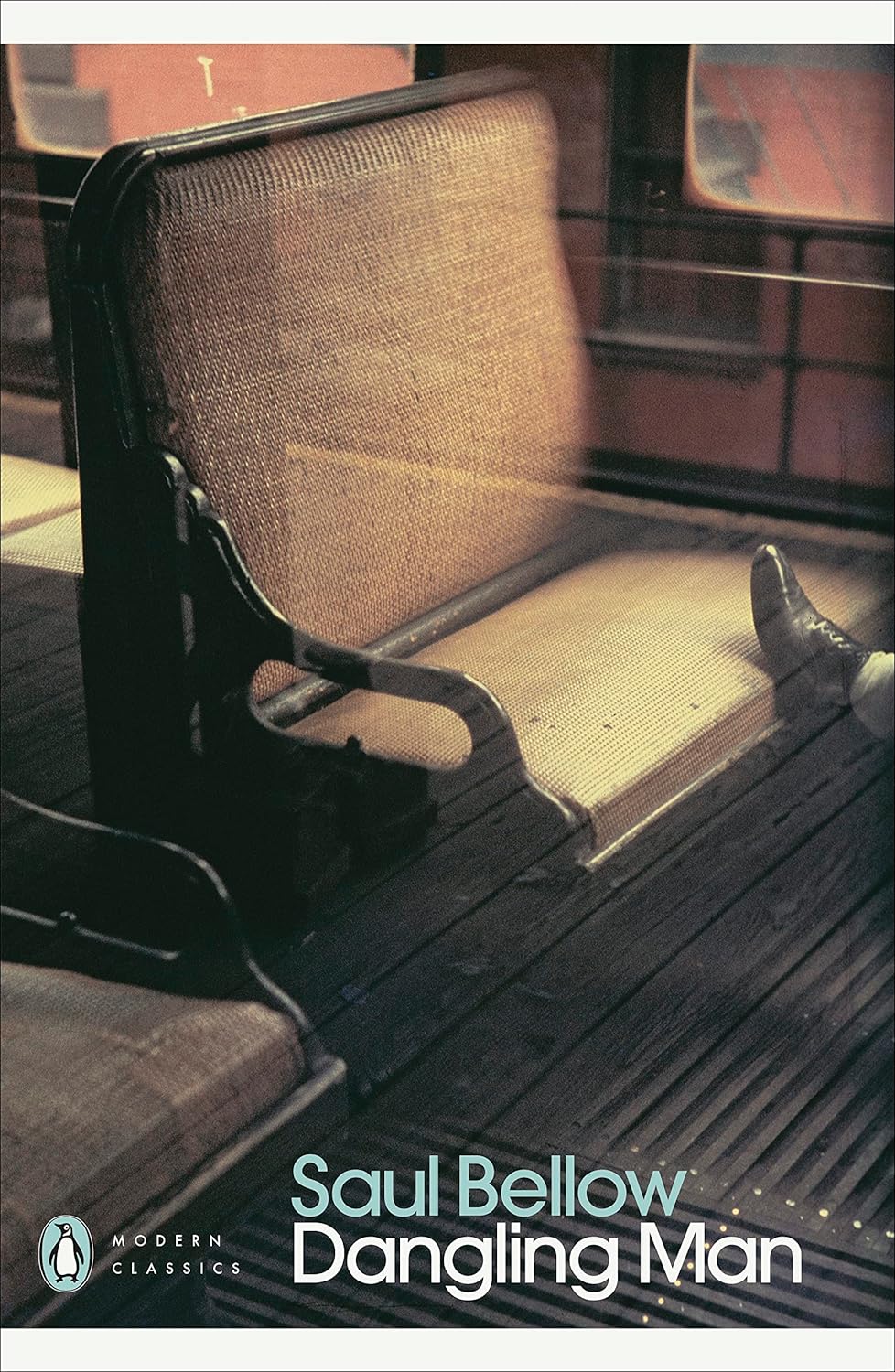
Dangling Man by Saul Bellow
A true American genius; he won the Nobel Prize for Literature in 1976 but is largely forgotten like some greats sadly are for a reason nobody can point. In Bellow’s Dangling Man—Joseph has quit his job and is waiting to be enlisted for the war, but his drafting has been delayed so now he spends his time musing, reminiscing, and idly roaming streets. He records his idles in his journals.
This story of what boredom can do to the man is as relatable today as it was in 1944 when it was first published.
We are afraid to govern ourselves. Of course. It is so hard. We soon want to give up our freedom. It is not even real freedom, because it is not accompanied by comprehension. It is only a preliminary condition of freedom. But we hate it. And soon we run out, we choose a master, roll over on our backs and ask for the leash.
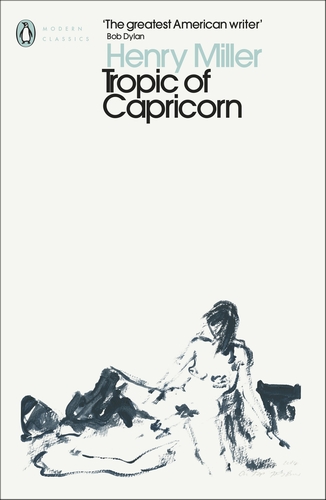
Tropic of Capricorn by Henry Miller
Tropic of Capricorn was banned in the US for a long time. They say, Americans were illegally smuggling lots of its copies into the country from France where it immediately brought Miller fame. Scandalous, or not, this book contains some of the finest stream of consciousness ever. Miller rambles on for pages, musing about the ecstasy of being, cosmos, existence, sex, women, whiskey, what not. If you read merely for plot, then this is not for you.
I found that what I had desired all my life was not to live – if what others are doing is called living – but to express myself.
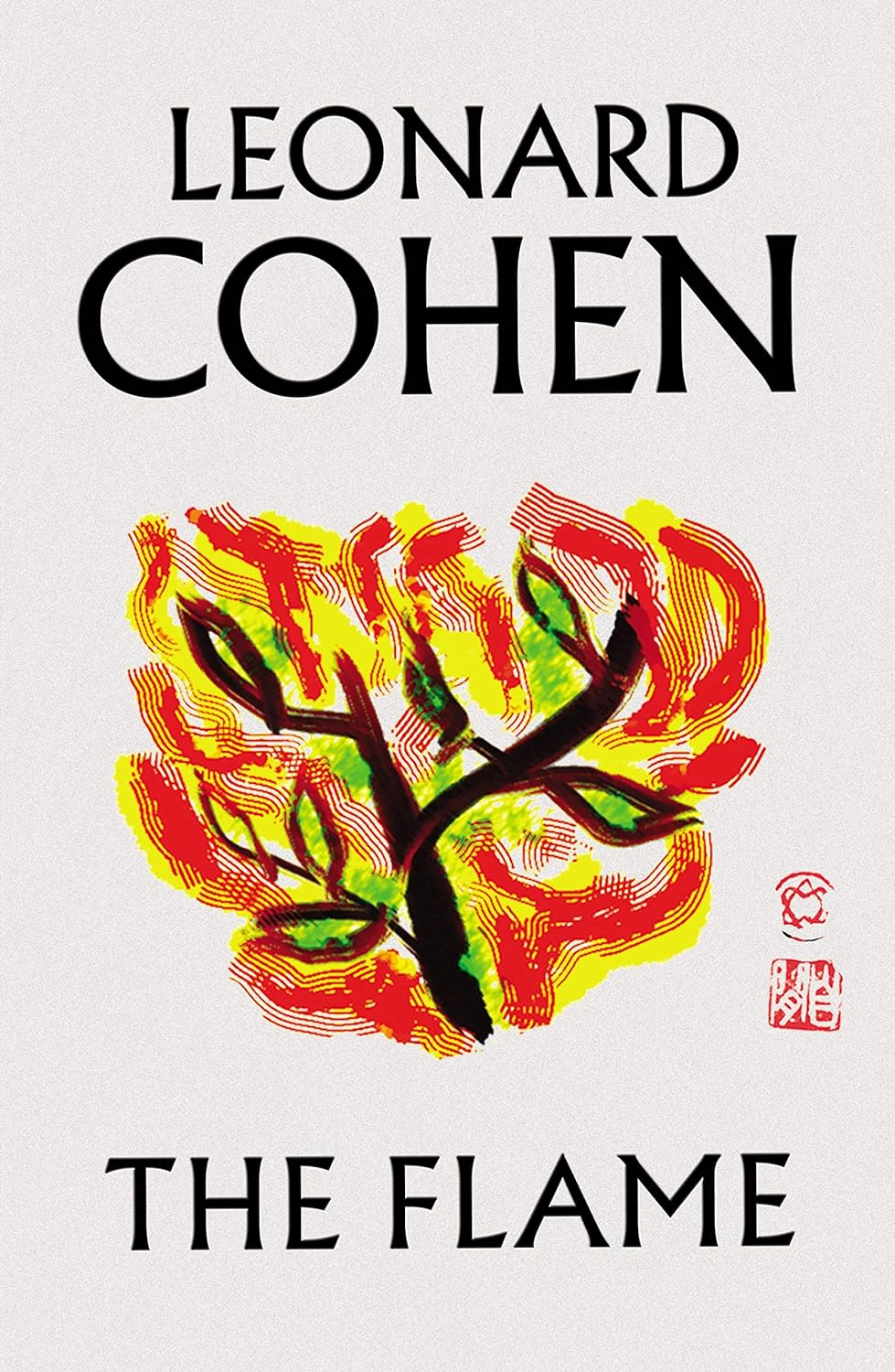
The Flame by Leonard Cohen
Leonard Cohen is Bob Dylan’s dirtier, grittier, more poetic answer. ‘The Flame ‘includes poems that were unpublished at the time of Cohen’s death, lyrics from his final few albums and some of his final journal entries, complete with illustrations, and pictures. In this one, Cohen talks of Kanye West, creation, love, ecstasy, his impending death, nights in bars, and loss. He was a poet of highest order, as classic as he was punk, this is for both—fans of his music and for fans of good poetry.
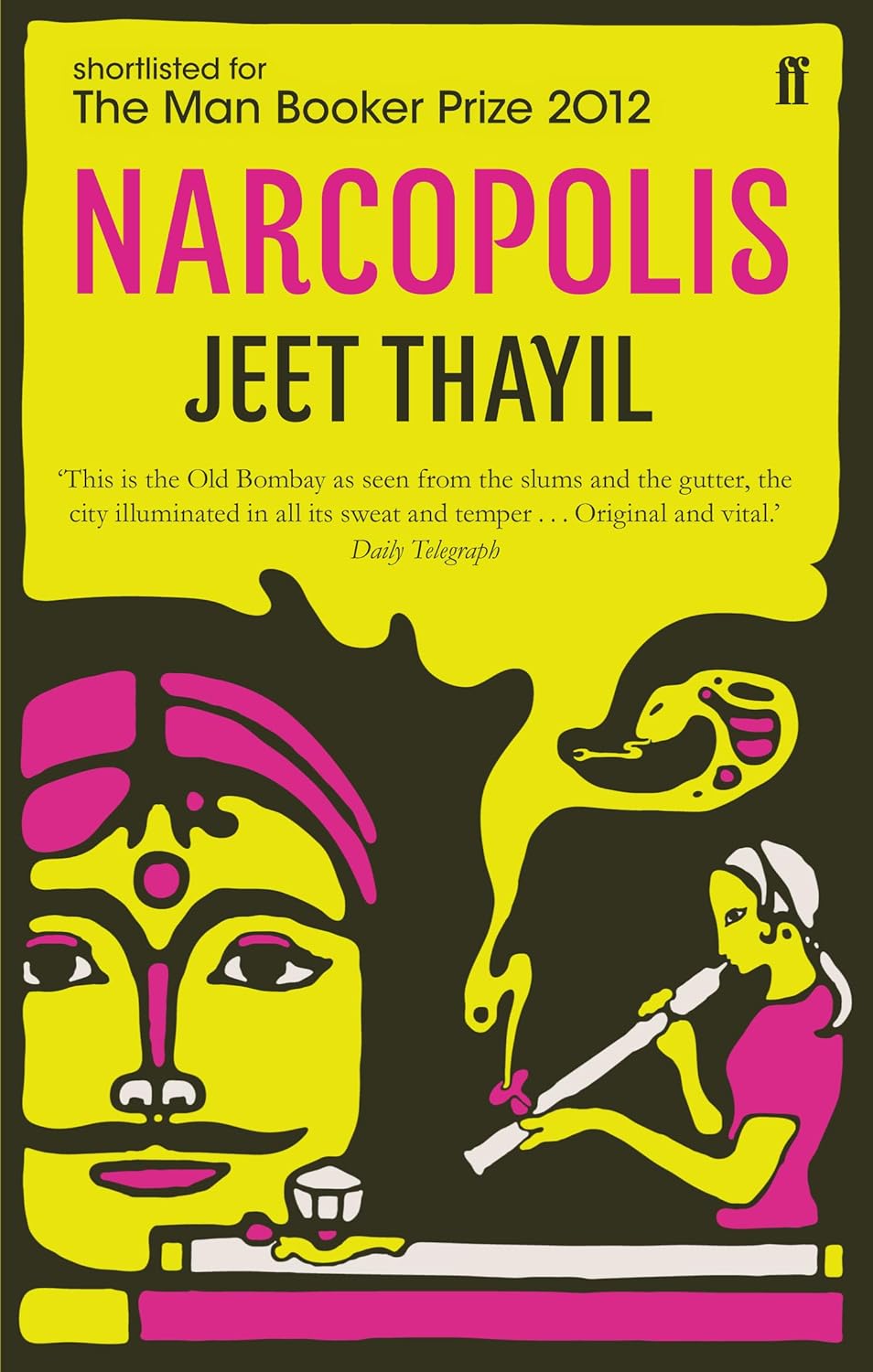
Narcopolis by Jeet Thayil
Shortlisted for the Man Booker, and Winner of the DSC, Narcopolis is Bombay’s answer to Trainspotting. It’s written as if William S Burroughs met James Joyce and they decided to pen together a novel set-in 70’s Bombay slums mixing in elements from Naked Lunch and Ulysses. The book reads out like a lucid hallucination. Though full of characters that comprise of poets, pimps, addicts, and gangsters, the plot still strikes a balance with its intricacy and psychedelia that will strike any reader as appealing.
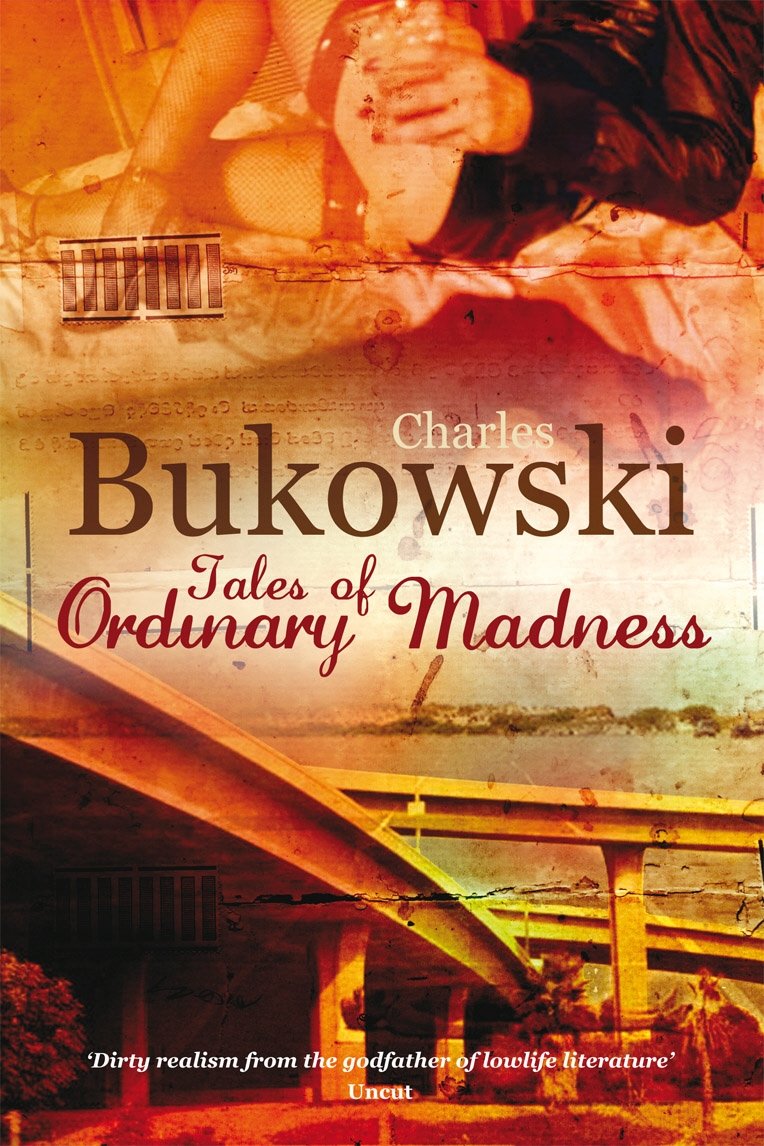
Tales of Ordinary Madness by Charles Bukowski
Tales of Ordinary Madness is second part in a reprint of what originally was published as Erections, Ejaculations, Exhibitions, and General Tales of Ordinary Madness by City Lights in 1967.
Bukowski was a true King of what later came to be known as dirty realism; he practically invented that genre. Imitated by many, surpassed by none, loved by many, and hated by even more, Bukowski bares the core of one’s being, delves into layers of characters never touched upon in literature before. He writes simply, with a gigantic misanthropy, no one is free from his hate, but underneath all his misanthropy lies a great humanism that is delivered hilariously.
‘Would You Suggest Writing as a Career’, ‘The Great Zen Wedding’, ‘Beer and Poets and Talk’, ‘Night Streets of Madness’ are some of the finer stories included in this collection that happens to be most famous of Bukowski’s short story works.
All stories in this collection are as dirty as the realest of realities. Equal amounts funny, equal amounts offensive, this is a total must read for your alt canon, plus its Bukowski.
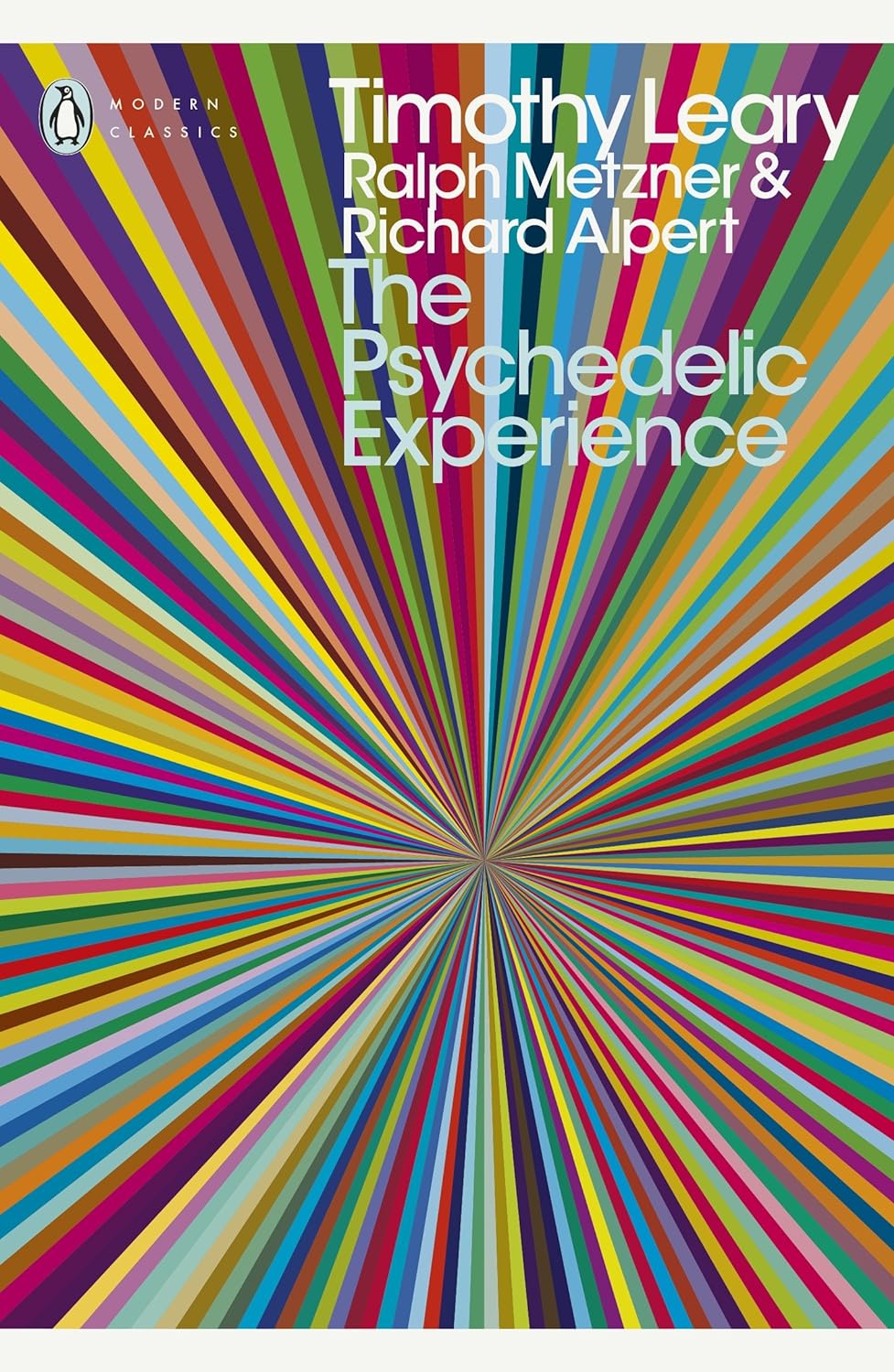
The Psychedelic Experience by Timothy Leary
After Timothy Leary’s first ‘trip’ on psilocybin, his life’s entire meaning became to research and enquire of its uses for mental, social, recreational and spiritual benefits. The resulting book was The Psychedelic Experience which quickly became a manifesto for the growing 60’s counterculture. This book sprang off the psychedelic movement that the whole of Beat Literature grew out from along with most of psychedelic rock music. Richard Nixon dubbed Leary the most dangerous man in America. Turn on this read, tune in and drop out.
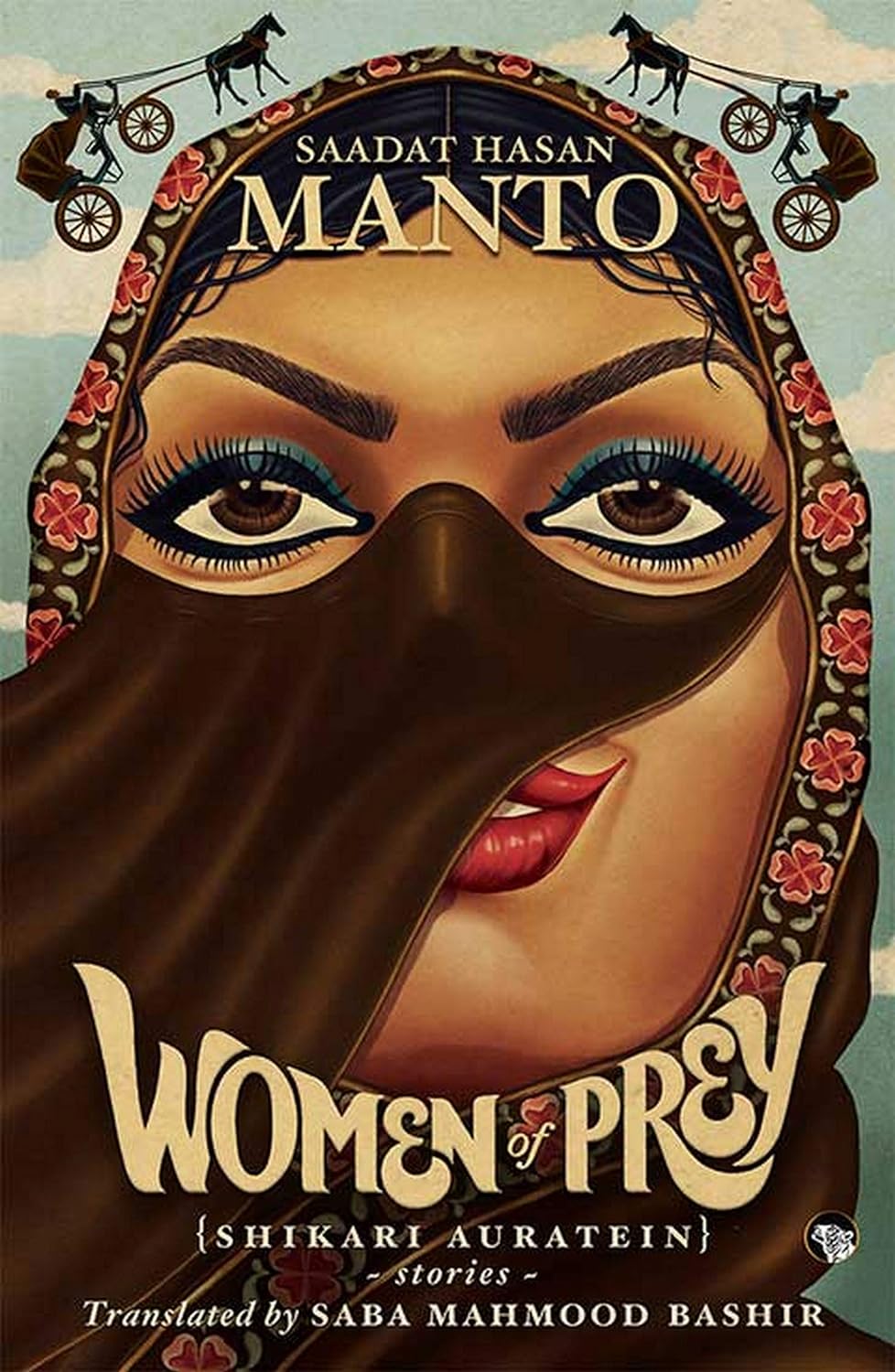
Women of Prey by Saadat Hasan Manto
Manto was too transgressive for his times and his work was constantly a subject to trials and bans. However, today he maintains a popularity that is rivalled by none in our country, and in the West, his work forms an important part of South East Asian Studies. Through daring to express the inexpressible, his no-holds-barred style of speaking against absolute injustices in an unnerving, stern manner he achieved this. He wrote like George Orwell would have if he was daring to be even more real. Women of Prey was published as Shikari Auratein in 1955.
In one story in this collection, protagonist Ashok stumbles upon porn for the first time in his life. In another titled ‘Sitara’, Manto profiles a legendary Kathak dancer famous for having many lovers. Unputdownable, unmissable, and remarkable for its sheer sincerity, this is phenomenal.
Pick up a transgressive fiction novel from any Kunzum store or WhatsApp +91.8800200280 to order. Buy the book(s) and the coffee’s on us.
